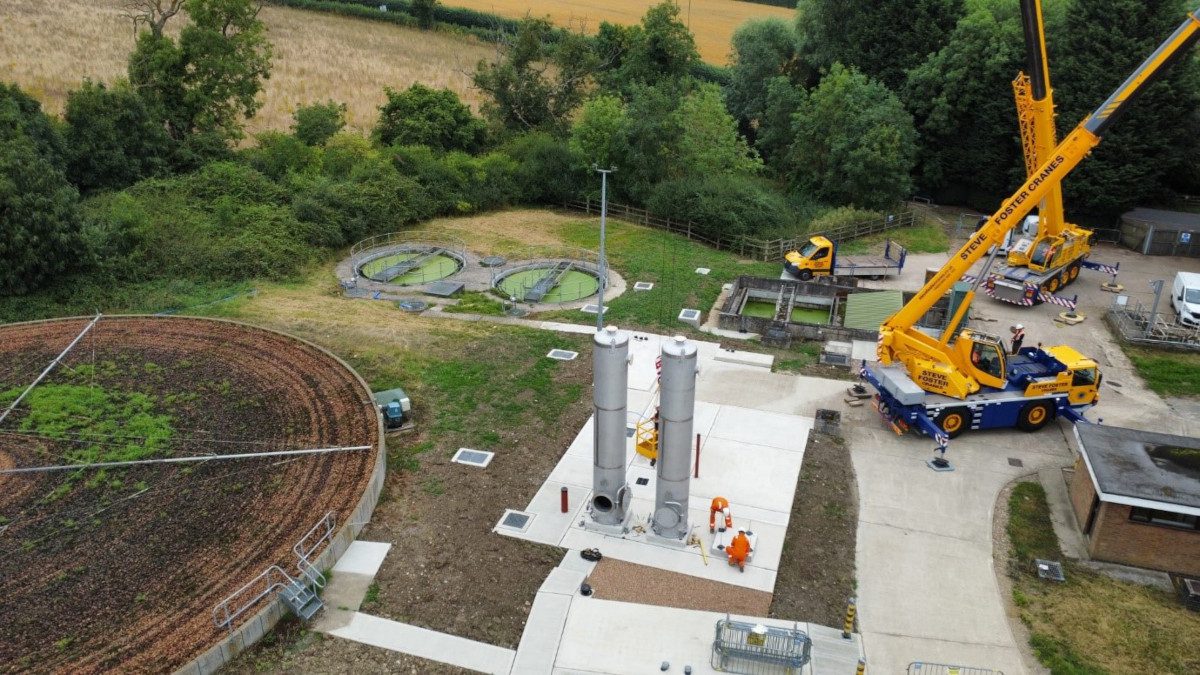Industry experts are calling for a ‘fundamental step-change’ in ambition of the UK’s electric vehicle (EV) charging rollout to deliver the 2030 ban on new petrol and diesel cars and support the UK’s net zero goals.
While rapid and ultra-rapid charging is developing well in public spaces such as car parks and service stations, new research released as part of the report indicates that the demands of drivers require EV chargers to be installed on virtually every residential street across the UK.
The research found 80% of drivers need reliable, affordable charging located where their car is parked while at home to convince them to go electric.
The report, published by EV charging infrastructure specialist Connected Kerb, outlines what national and local government, investors, developers and charging point providers must do to ensure the UK is able to deliver affordable and accessible charging points for everyone.
The recommendations include stepping up ambition, particularly at a local scale, using an evidence-based approach to understand demand, and looking to longer-term financing.
‘Solving the EV charging challenge is absolutely fundamental to achieving a cleaner, and fairer transport future,’ said Chris Pateman-Jones, CEO of Connected Kerb.
‘There is an opportunity ahead of us to make a real and positive impact, reducing UK transport emissions, whilst positioning the UK as a world leader on EVs. Our report highlights the need for a collaborative approach between different stakeholders within the industry and identifies a roadmap to ensure the UK’s charging infrastructure is fit for purpose, ready to unlock a future of zero-emission transport.’
Chris Pateman-Jones, CEO of Connected Kerb, added: ‘The industry is migrating from early adopters, tolerant of patchy performance, to a mass market of mainstream drivers that rightly expect consistent high performance. This demands a radical change of mindset amongst national and local government, investors, developers, and charging point providers. Connected Kerb is leading the charge with mass deployment of EV charging infrastructure. We believe this report will help galvanise action across the industry to deliver a comprehensive and equitable EV transition.’
The report, ‘How to meet the UK’s EV charging needs by 2030’, draws on new consumer research and insights from 11 industry-leading experts, including EY, UKPN, Motability and Mitie Group PLC.
Thierry Mortier, Global Digital & Innovation Lead for Energy at EY, said: ‘Long term infrastructure finance is the key that will unlock large scale deployment. In most cases, delivering quality EV charging, at a price people are willing to pay, comes with long payback periods. Rapids can make a quick buck in a few high margin areas but most EV chargers in residential areas and workplaces will only turn a profit for investors who are prepared to put long lasting kit in the ground and wait years to see EV adoption catch up. We have to understand driver behaviour and adopt a roll-out based on those insights, not just where there is traffic today.’
Photo by Sophie Jonas
















